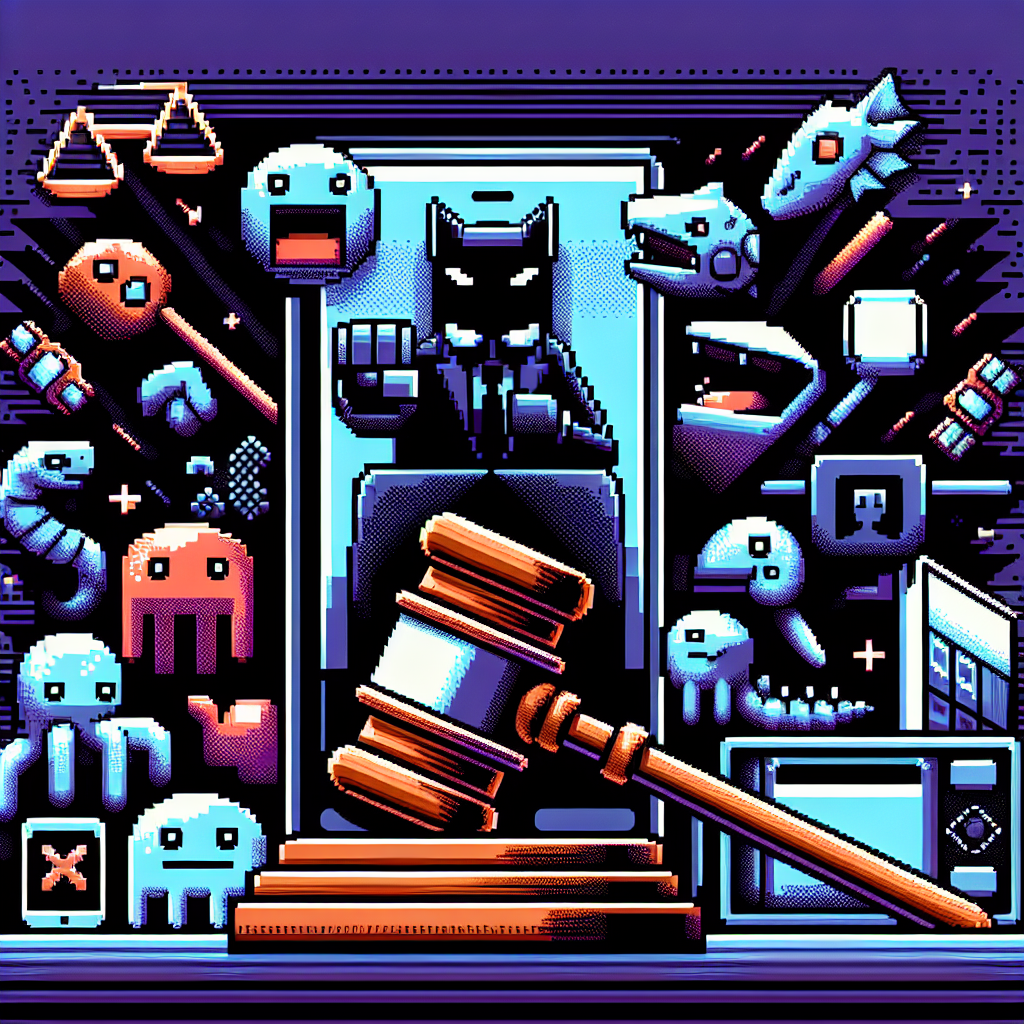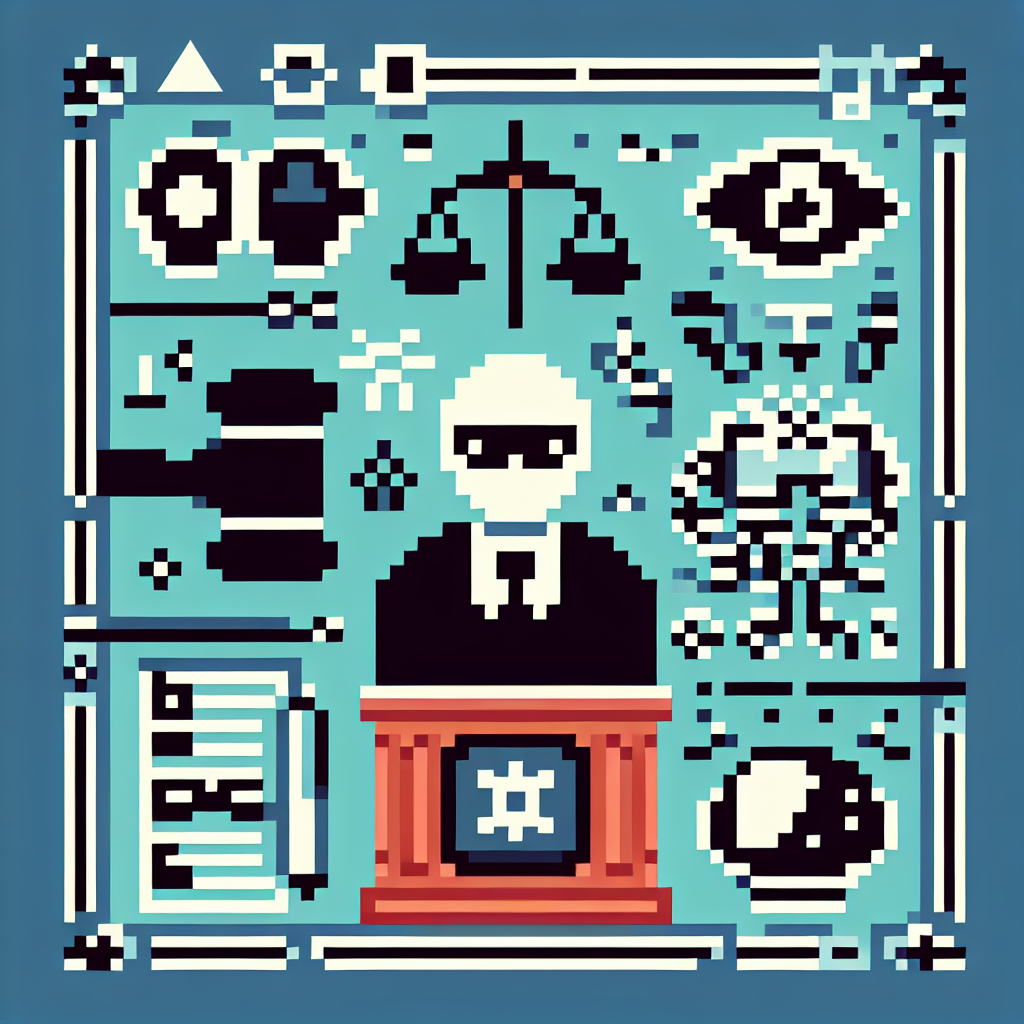The Pokémon Company Catches A Win In Lawsuit Against Another Rip-Off App - Nintendo Life | Analysis by Brian Moineau
### The Pokémon Company Catches Another Win: A Victory Against Rip-Off Apps
In a world where digital innovation is often a double-edged sword, it's no surprise that The Pokémon Company has once again found itself in court, battling against yet another copycat app. This time, the lawsuit involved a game eerily reminiscent of our beloved Pokémon universe, and the legal outcome was a win for The Pokémon Company. The case highlights ongoing issues within the tech industry, particularly concerning intellectual property rights and the ever-present challenge of rip-off apps.
#### The Battle against Copycats
The app in question, which bore striking similarities to Pokémon, was accused of infringing on the intellectual property rights of The Pokémon Company. This is not the first time the company has had to defend its iconic franchise in court. Pokémon, a cultural phenomenon since the 1990s, has spawned countless games, TV shows, movies, and merchandise, making it a prime target for imitation.
The Pokémon Company has always been vigilant about protecting its brand, and for good reason. The franchise is not just a nostalgic relic of the past but a thriving entity with a massive global fanbase. With Pokémon GO's resounding success and continued updates keeping the game fresh, it's clear that the Pokémon craze is far from over.
#### The Wider Implications in the Tech World
This lawsuit victory is not just a win for The Pokémon Company but also for the broader issue of intellectual property protection in the tech industry. The rise of app development has brought with it an increase in copycat apps, which can dilute the brand value of original products and confuse consumers. This case serves as a reminder of the importance of protecting creative works and the legal avenues available to do so.
In the tech world, companies like Apple and Samsung have also faced similar battles, albeit on a much larger scale. Their infamous patent wars have set precedents for how intellectual property is handled in the technology sector. Such cases underline the necessity for clear and enforceable intellectual property laws to foster innovation while protecting creators' rights.
#### An Unlikely Connection: Palworld
The article's cheeky mention of "Watch out, Palworld" brings another layer to this narrative. Palworld, a game that has gained attention for its Pokémon-like creatures and open-world gameplay, walks a fine line between inspiration and imitation. While Palworld distinguishes itself with unique elements such as survival mechanics and a darker tone, its developers should be cautious not to overstep the boundaries of creative inspiration.
In a similar vein, the gaming world has seen other cases where inspiration turns into legal battles. For example, Epic Games' Fortnite faced a lawsuit from PUBG Corp. over similarities between the two games. The case was eventually settled, but it highlights the thin line between homage and infringement.
#### Closing Thoughts
The Pokémon Company's latest legal victory is a testament to the importance of safeguarding intellectual property in a rapidly evolving digital landscape. As technology continues to advance, and as the app market becomes increasingly saturated, companies must remain vigilant in protecting their creations.
For fans of Pokémon, this win ensures that the franchise remains untarnished by cheap imitations. It also reinforces the message that creativity deserves respect, and those who innovate should be able to do so without fear of their ideas being stolen.
In the end, while technology offers endless possibilities, it also demands responsibility. As consumers, creators, and companies, we all play a role in shaping a digital world that respects and celebrates originality. So, here's to The Pokémon Company—may the journey to catch 'em all continue, free from the shadows of rip-offs.
---
Feel free to share your thoughts on the impact of intellectual property issues in the tech world, and let's keep the conversation going. After all, in the wise words of Professor Oak, "The world of Pokémon is a world of dreams and adventures." Let's keep it that way.
Read more about AI in Business

